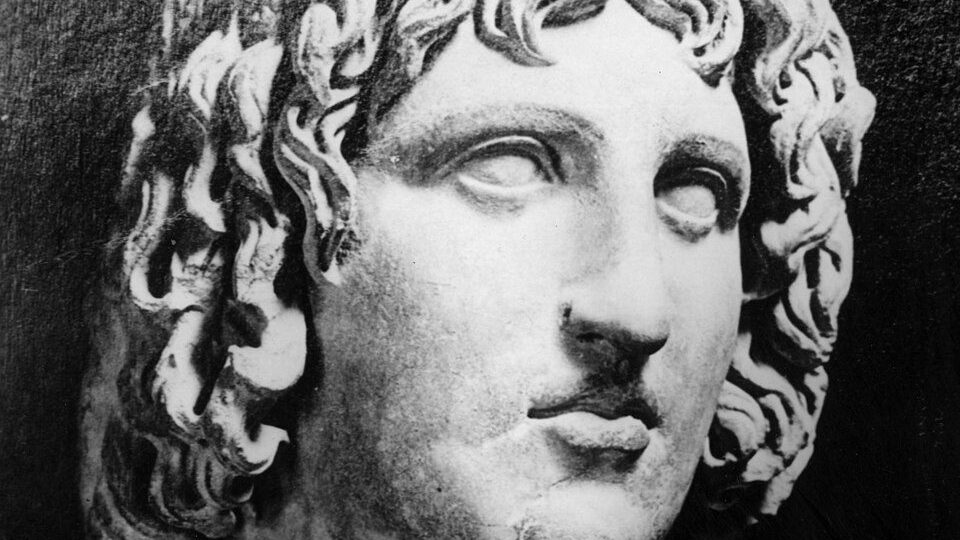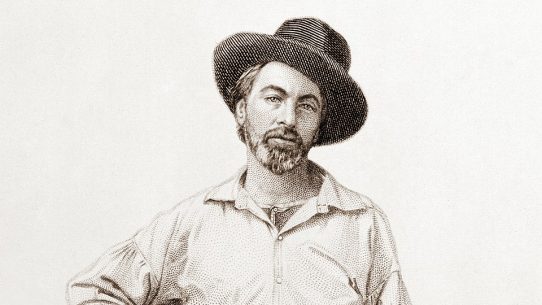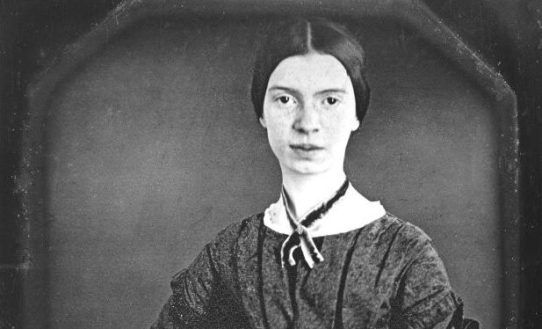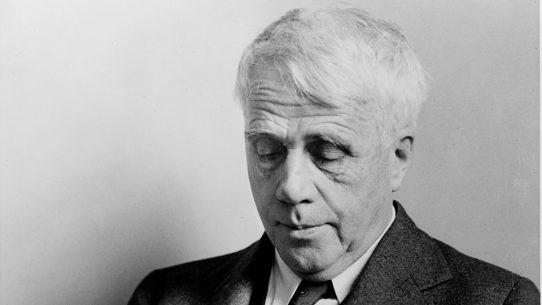Virgil (70–19 BCE), known in Latin as Publius Vergilius Maro, was Rome’s greatest epic poet and a central figure of the Augustan Age of literature.
His masterpiece, The Aeneid, became the national epic of ancient Rome — a work that fused myth, history, and prophecy into a grand vision of Roman destiny.
Through his elegance, moral depth, and philosophical resonance, Virgil shaped Western literature more profoundly than any poet before or since.
Early Life and Education
Virgil was born on October 15, 70 BCE, near Mantua in northern Italy, to a family of modest landowners. His rural upbringing left a lasting mark on his imagination, fostering the deep sensitivity to nature that would later define his poetry.
He was educated in Cremona, Milan, and finally in Rome, where he studied rhetoric, philosophy, and medicine. Though trained for a public career, Virgil was temperamentally contemplative and preferred the quiet life of study and writing. He came of age during a time of civil turmoil following the assassination of Julius Caesar, events that profoundly influenced his sense of order, justice, and fate.
Literary Career and Major Works
Virgil’s poetic career began with The Eclogues (also called Bucolics, 37 BCE), a collection of ten pastoral poems inspired by the Greek poet Theocritus. Written in the wake of political unrest, these verses combine idyllic rural scenes with subtle political allegory, introducing themes of exile, loss, and renewal.
He next composed The Georgics (29 BCE), a didactic poem in four books on agriculture, celebrating labor, the land, and the moral virtue of rural life. Dedicated to his patron Maecenas and to Emperor Augustus, The Georgics elevates farming into a metaphor for human discipline and perseverance. It stands as one of the most technically perfect poems in Latin literature.
Virgil’s crowning achievement, The Aeneid (unfinished at his death in 19 BCE), is an epic of twelve books tracing the journey of the Trojan hero Aeneas from the ruins of Troy to the founding of Rome. Written in dactylic hexameter, it unites Homeric grandeur with Roman ideals of duty (pietas), sacrifice, and divine mission. Through Aeneas’s trials, Virgil explores the costs of empire, the burdens of leadership, and the tension between personal desire and historical destiny.
Style, Themes, and Influence
Virgil’s poetry is marked by moral gravity, musical precision, and emotional restraint. His verse combines the clarity of classical form with a profound empathy for human suffering. In the Aeneid, love, duty, and fate intertwine — the personal and political, the mortal and divine — in a vision that balances triumph with tragedy.
Recurring themes include the interplay of fate and free will, the pain of loss, the price of progress, and the ideal of civic virtue. Aeneas’s story is both heroic and mournful: Rome’s greatness is built on sacrifice, and every victory carries its shadow.
Virgil’s influence on Western culture is unparalleled. In antiquity, his works became central texts for Roman education and moral instruction. During the Middle Ages, he was revered almost as a prophet, and in Dante Alighieri’s Divine Comedy, Virgil appears as the poet’s guide through Hell and Purgatory — a symbol of human reason leading the soul toward divine truth. His stylistic precision and moral vision inspired poets from Milton and Tennyson to Eliot and Heaney.
Later Life and Legacy
Virgil spent his later years under the patronage of Maecenas and Augustus, enjoying respect and financial security while working on The Aeneid for over a decade. In 19 BCE, while traveling to Greece to revise the poem, he fell ill and died in Brundisium (modern Brindisi). According to tradition, he wished his unfinished epic to be burned, but Augustus ordered it to be preserved and published.
Virgil was buried near Naples, where his tomb became a site of pilgrimage for centuries. His reputation endured throughout the Roman Empire and beyond, symbolizing poetic perfection and the moral dignity of art.
Today, The Aeneid remains one of the foundational works of world literature — a timeless meditation on human duty, endurance, and the search for meaning in history.
Notable Works
- Eclogues (Bucolics, c. 37 BCE)
- Georgics (c. 29 BCE)
- Aeneid (c. 19 BCE)
Related Poets
Homer, Horace, Ovid, Catullus, Dante Alighieri




